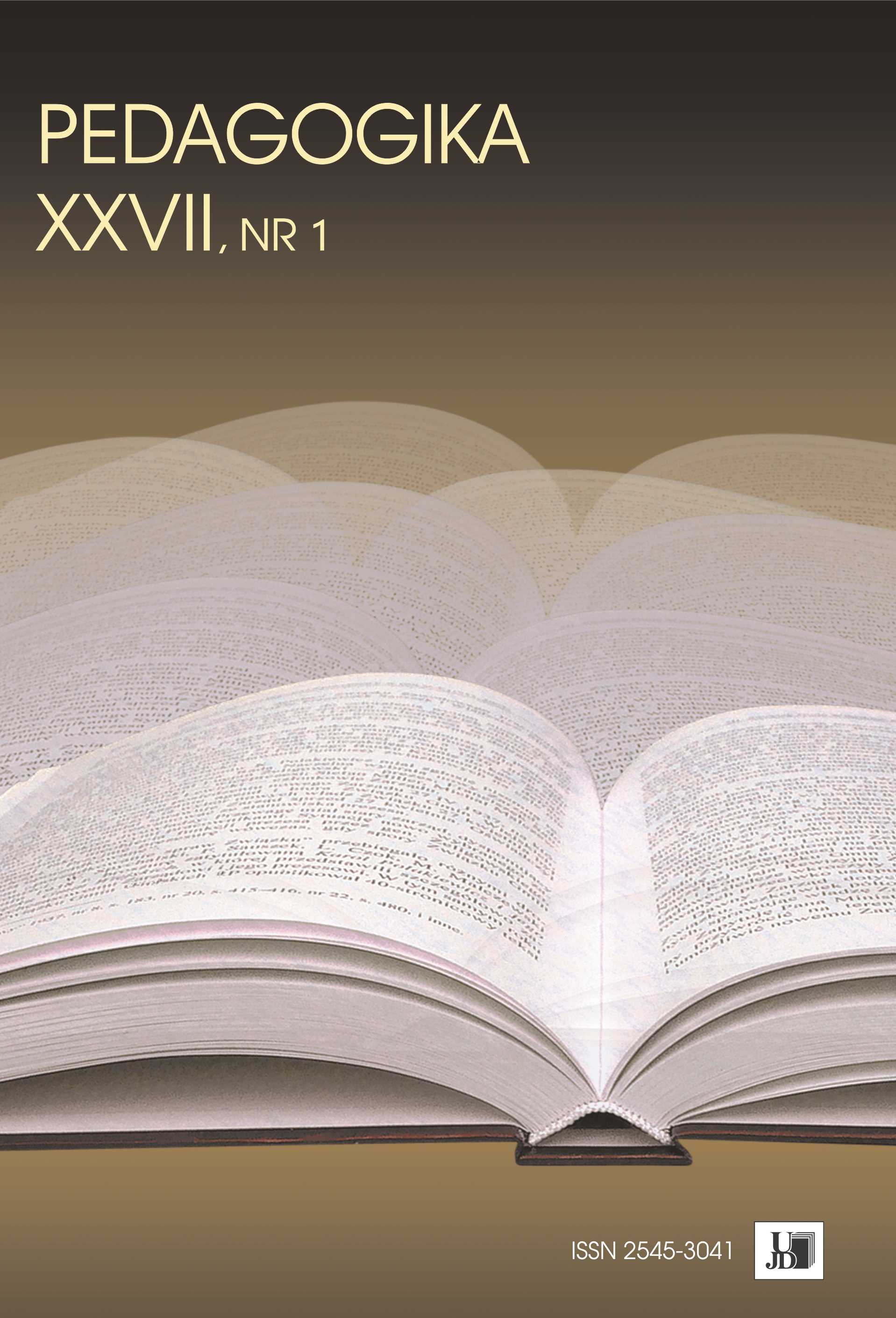Teleologia i aksjologia wychowania chińskiej szkoły Czystej Ziemi – Jingtuzong
DOI:
https://doi.org/10.16926/p.2018.27.13Słowa kluczowe:
nauczanie i wychowanie na Dalekim Wschodzie, Szkoła Czystej Ziemi –Jingtuzong, pedagogika humanistyczna, wychowanie buddyjskie, buddyzm mahajanaAbstrakt
In this dissertation, the author seeks the essence of upbringing and educational values of the Chines Pure Land School – Jingtuzong. Referring to the hermeneutic and comparative method, he reviews three sutras of Jingtuzong, and also the achievements of the Chinese masters of this school – Huiyuan, Tanluan, Daochuo, and also Shandao. The author presented the ideals of education and pedagogical values of the school, such as: buddha and bodhisattva, and also altruism, trust, simplicity, dialogue, reconciliation, clean environment, pluralism. Comparative studies into the contents of the school in question and contemporary pedagogics, made visible analogies with the pluralism post-modernistic pedagogics, moreover significant connections with culture pedagogics and new trends in psychology and humanistic pedagogics. The ideals of education, and the pedagogical values of this school are clearly in line with the humanistic orientation in Western pedagogics.


